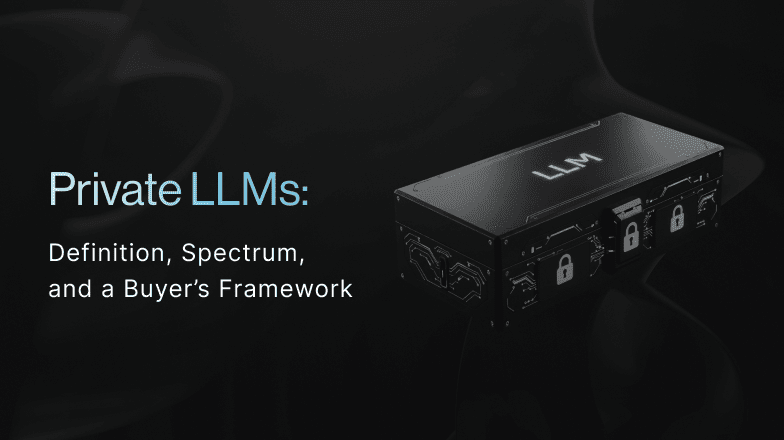Demystifying AI Model Evaluation: A Comprehensive Guide
In the world of artificial intelligence, the term "model" often conjures images of complex, monolithic entities. However, the reality is far more nuanced. AI models are diverse, each with its own strengths and weaknesses, making it essential to evaluate them on their own merits.
Key Evaluation Criteria: Cost, Speed, and Quality
When assessing AI models, three primary dimensions come into play: quality, cost, and speed. The interplay of these factors determines whether a model is suitable for a particular application.
- Quality: The accuracy and relevance of the model's outputs.
- Cost: The financial implications of using a model, including both input and output costs.
- Speed: The model's ability to process information and generate responses quickly.
Benchmark Datasets: A Framework for Evaluation
To provide a structured approach to evaluating AI models, we've employed a set of benchmark datasets. These datasets represent various real-world scenarios, allowing us to assess models across different tasks and domains.
- Massive Multitask Language Understanding (MMLU): A comprehensive benchmark covering a wide range of subjects.
- Instruction-Following Capabilities of LLM (IFEval): Evaluates models' ability to follow instructions.
- Comprehensive Mathematical Problems Solving (MATH): Tests models' problem-solving skills in mathematics.
- Financial Knowledge and Fact Checking (Fin-Fact): Assesses models' understanding of financial concepts and ability to detect misinformation.
- Healthcare Question Answering (CareQA): Evaluates models' performance in medical question-answering tasks.
Foundation Models: A Comparative Analysis
We've selected six popular foundation models for evaluation, including both open-source and proprietary options. These models were assessed across the benchmark datasets to identify their strengths and weaknesses.
- Claude 3.5 Sonnet (Anthropic)
- Gemini 1.5 Flash (Google)
- GPT-4o (OpenAI)
- GPT-4o Mini (OpenAI)
- Llama 3.1 8B Instruct (Meta AI)
- Mistral 7B Instruct v0.2 (Open-Source)
Benchmarking Results and Analysis
The results of our benchmarking process are presented in detail in the report. Key findings include:
- Quality: The best-performing model varies across different benchmarks, depending on the specific task requirements (you can read the report for these details).
- Cost: Proprietary models like GPT-4o and Claude 3.5 Sonnet are typically more expensive, while open-source models offer cost-effective options.
- Speed: Gemini 1.5 Flash stands out as the fastest model, followed by open-source options.
Conclusion
The choice of the best AI model depends on the unique needs of your application. By carefully considering the dimensions of cost, speed, and quality, and by leveraging benchmark datasets, you can make informed decisions and select the most suitable model for your project.
Please find the report here




